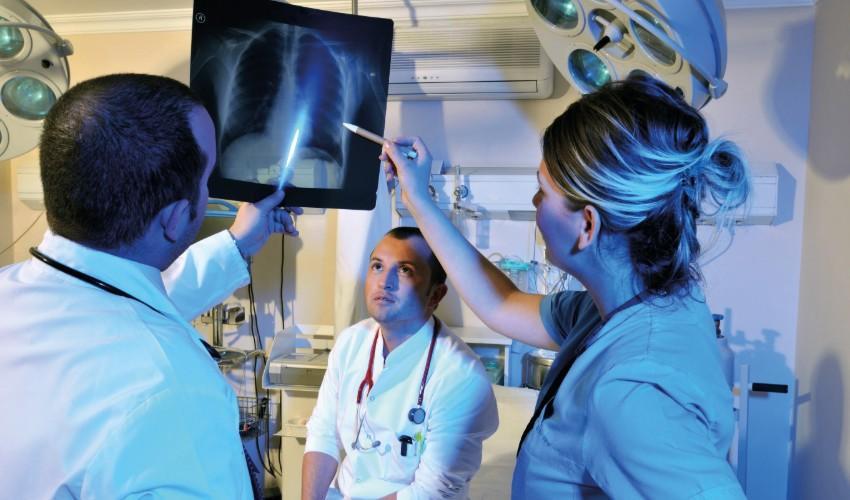
Research Integrity: Why We Should Trust Registered Clinical Trials
NEW RESEARCH FINDS REASSURING EVIDENCE ABOUT THE INTEGRITY OF CLINICAL TRIALS REGISTERED IN CLINICALTRIALS.GOV, WITH SOME CONCERNS ONLY REGARDING SMALL PHARMA COMPANIESIn a time when we have to rely on clinical trials for COVID-19 drugs and vaccines, a new study forthcoming in the Proceedings of the National Academy of Sciences of the United States of America (PNAS) brings good news about the credibility of registered clinical trials.
The authors are two Bocconi Professors of Economics, Jerome Adda and Marco Ottaviani, and a former MSc student of theirs, Christian Decker, now a PhD candidate at the University of Zurich.
In a clinical trial, statistical significance is a key prerequisite for marketing approval of new drugs. Under a certain threshold of significance, the results of the trial could in fact be due to chance and not to the efficacy of the drug. Given the research costs involved and the lure of large potential profits by the pharmaceutical companies sponsoring the trial, investigators may be pressured to beautify data, a standard argument goes. Previous studies of results of statistical tests reported in scientific journals across a number of disciplines did actually detect an anomalous concentration of significance values immediately above the significance threshold, raising suspicions of selective reporting as well as manipulation.
Adda, Ottaviani and Decker concentrated their attention on the trials registered in ClinicalTrials.gov, the largest registry in the world, and focused on the differences in the results of phase II and phase III trials of the same drug. In phase II a drug’s efficacy is initially established in a small sample of people (usually in the low hundreds); in phase III safety and efficacy are then confirmed in a larger group of volunteers (usually in the low thousands). Reasonable expectations are that the statistical significance of phase II will be confirmed in phase III and that trials that record a significance level under the threshold in phase II will be suspended.
Observing all the registered trials, the scholars observe a discontinuity around the significance threshold value only in phase III, but not the spike denounced by previous studies: trials just above the thresholds are only slightly more numerous than expected. They, then, limit their observations to the trials registered by the top-10 pharma companies and by smaller operators. While larger companies are more inclined to suspend experimentation under threshold in phase II, small companies tend to continue with more of the trials under threshold and end up recording a higher share of trials above threshold in phase III. The predicted share of trial results above threshold in phase III for large companies is 65%, and the actually recorded share 68%; with small companies (that bring to phase III also less promising drug candidates), the figures are 57% and 76%.
“Even in the case of phase III trials by small companies”, Professor Ottaviani explains, “we do not observe the spike of results just above the significance threshold. We think that the registration process is key for transparency”.
Jerome Adda, Christian Decker, Marco Ottaviani, “P-hacking in clinical trials and how incentives shape the distribution of results across phases”, in Proceedings of the National Academy of Sciences of the United States of America (PNAS), 2 June 2020, DOI: 10.1073/pnas.1919906117.
by Fabio Todesco
